How To Tell If My Autoflower Is Ready for Harvest
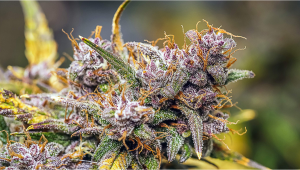
- 1. Breeder’s schedule
- 2. By looking at the stigmas (pistils)
- 3. Different states of the trichomes
- 4. Decreased water usage
- 5. Yellowing and dying fan leaves
- 6. In conclusion
One of the most asked questions is when to harvest? There’s no exact time to harvest, you need a slight knowledge of cannabis anatomy to look out for the signs your plant gives. We recommend harvesting when your autoflowers has the highest amount of THC and is at its peak potency. You should take into consideration all signs to know when it’s ready. Here we’ll explain how to look out for these signs and what they mean.
1. Breeder’s Schedule
You should never go by the time written on the packaging, that schedule is an approximate number of weeks and completely depends on growing conditions. Your autoflower can take more or less time to fully mature, but you can use it as a general guideline for when to start looking for the signs. In general, autoflowering strains will take anywhere between 8 to 11 weeks to complete the full seed-to-harvest lifecycle. But, within a strain, there can be multiple different phenotypes. Say you buy a pack of 10 seeds, all of the same strain. You should expect all of these plants to be ready at the same time, right? Wrong! Each and every seed (even from the same strain) can and will act slightly differently.
This is thanks to the genetic differences between the mother and father plants that produced the seeds. Each and every seed will display unique traits that are a result of the genetic codes of its parents mixing. Now, you could get a batch of seeds that are all super similar, but you could get a huge range of various traits also. Each and every different phenotype can take an individual amount of time to be ready for harvest, so it’s highly important that you come to understand all the ways to identify when each plant is ready for harvest separately. So let’s dive headfirst into all the things you need to understand to make a properly informed decision about exactly when and when not to harvest your autoflowering cannabis crop.
2. By Looking at the Stigmas (Pistils)
Pistils are those white hairs you see when your plant starts to flower, they are made to catch pollen if they don’t get that, they start to turn brown and wilt. That’s usually a sign of maturity.
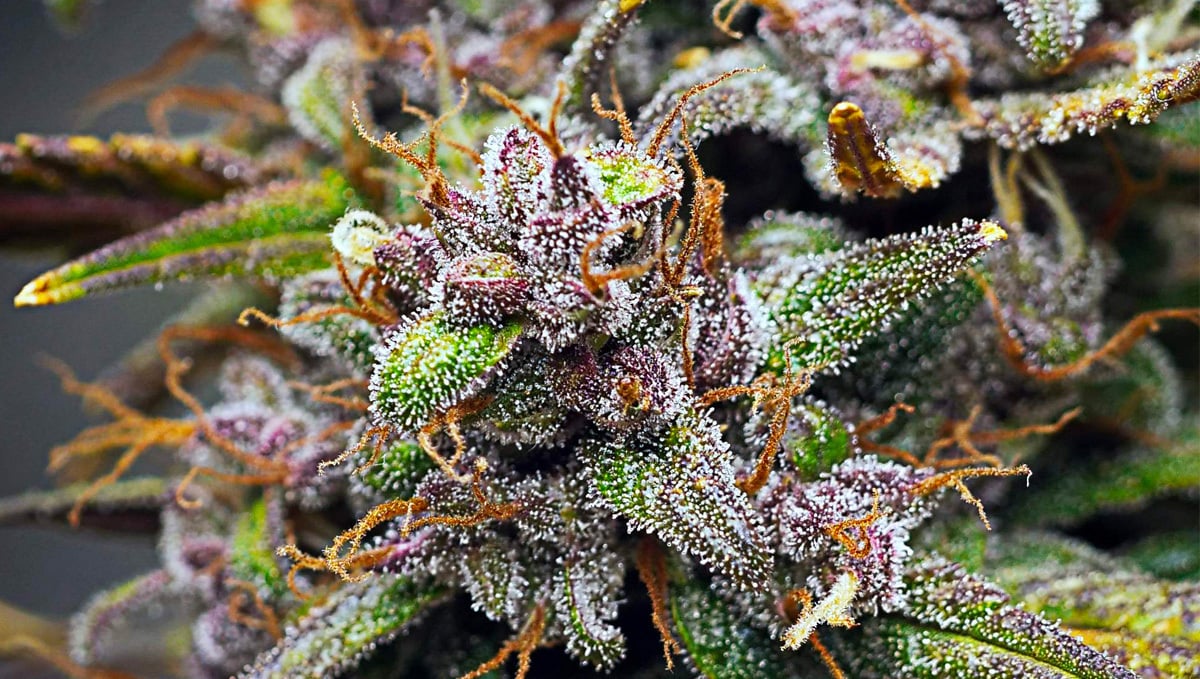
With autoflowers this method is not that accurate, even with more than half of the pistils brown your plant can still need a couple of days or weeks to be fully mature.
3. Different States of The Trichomes
Trichomes are the most important anatomical part of the plant, they are small mushroom-shaped glands that produce cannabinoids and terpenes. To be able to see them, you will need a magnifying glass, microscope or a really good camera. They have different states of degradation that can be identified by their color (clear, cloudy, and amber).
Trichome color is considered the standard measurement when finding the right time to harvest, depending on the color the final product will have a different effect. Clear trichomes give a head high sometimes associated with the effect of Sativa strains like Pineapple Express Auto which will be ready to be harvested in just 10 weeks.
Amber trichomes will give more of a sedative high, sometimes associated with the effect of Indica strains such as Gelato Auto and cloudy trichomes will have a mix of both types of high.
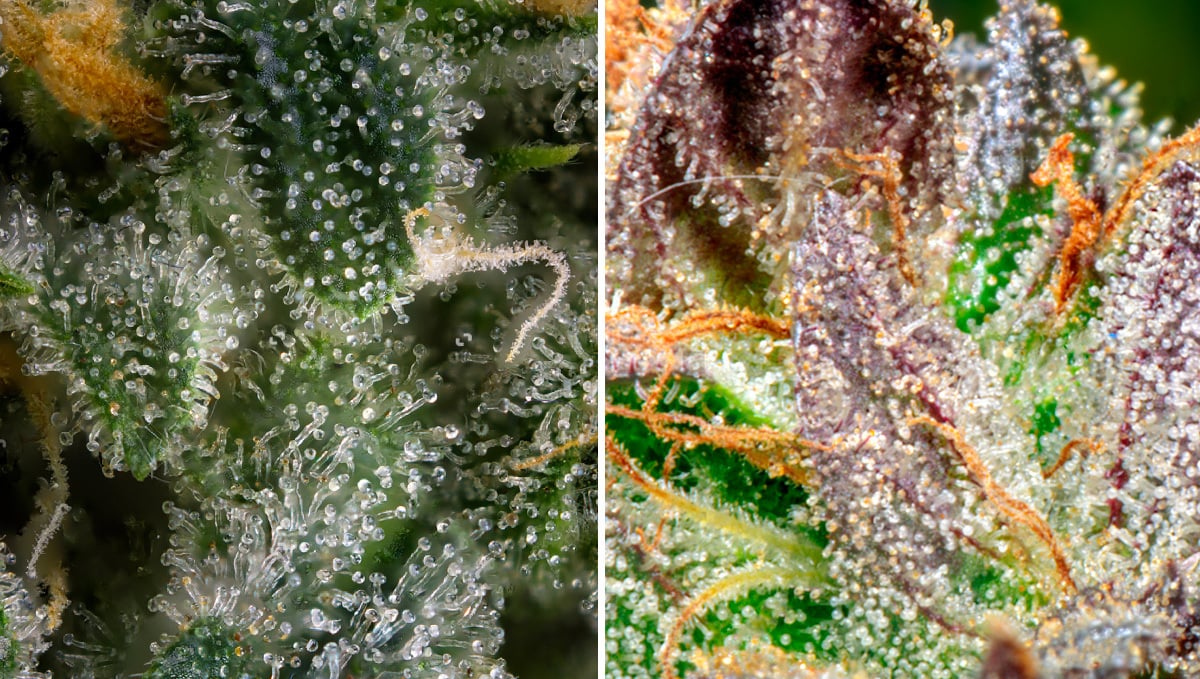
Note that you can harvest a Sativa strain with amber trichomes and an Indica with clear trichomes, it all depends on your preference. Because autoflowers have different growing patterns it can be hard to tell when exactly is the right time just by looking at the trichomes. We recommend harvesting when trichomes are a mix of about half/half clear, which will ensure you’re harvesting at its peak and will provide a full spectrum of cannabinoids while also providing a well-rounded psychoactive effect that can be expected from that particular strain. Studying the trichome maturity is the only surefire way of knowing when a cannabis plant, autoflower or photoperiod, is ready for harvest. But trichomes are tiny, how are you supposed to see what's going on?
It's true, trichomes are too small to properly study with the naked eye. You need a magnifier of some sort, the stronger the better. A 30x or 60x Jeweler's loupe will work well, but even a cheap 10-20x pocket magnifier from a novelty store can work in a pinch. But if you are serious about really seeing in depth, then we recommend picking up a portable USB microscope. You can get a pretty good one for less than $50, and trust us when we say they make a huge difference.
Once you have a way to properly see your trichomes, it's time to start looking at them closely and determining their state. You will need a steady hand and some patience. There are a few obvious advantages of using a portable USB microscope over a jeweler's loupe or a magnifying glass.
- They come with an inbuilt lighting system, meaning you won't have to worry about casting a shadow over the area you are trying to view.
- They can be paired with a smartphone or computer, which makes the viewing area so much bigger and easier to see.
- Once connected to a phone or computer, they can be used to take videos and still images. Even the slightest movement is hugely magnified when using one of these devices, which can make operating one and viewing the image at the same time a little tricky. It's a bunch easier to just take a video or photo of the trichomes and study it on your computer afterward.
- It also allows you to share these images or videos with other cultivators. If you are just starting out with growing weeds, it can be difficult to tell when your plants are ready. If you have a friend or two who have been doing it for a while, send them a photo or video of your trichomes and ask for their opinion.
4. Decreased Water Usage
When your autoflower starts to take less water it's a sign that there’s no new growth and is ready to be chopped. It’s not exact, but if the medium stays wet for a day or two after watering it probably means it’s ready to be chopped.
5. Yellowing and Dying Fan Leaves
At the end of an autoflowers life cycle, the fan leaves will start to turn yellow and die. This means all the resources are being directed to the buds. It takes up to 3 weeks from the start of yellowing until they die.
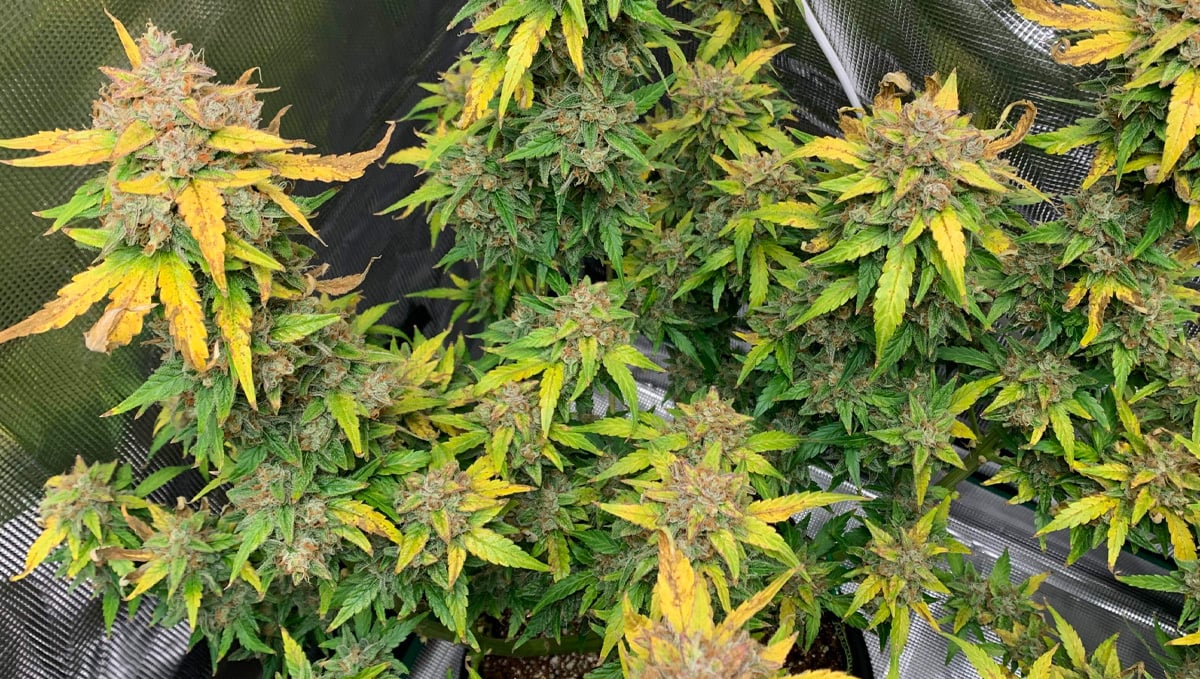
In these 3 weeks the buds are in the final stage of ripening and you should flush the medium to eliminate any residual fertilizers. This is the easiest way to identify plant maturity, it works 100% with autoflowers, and combined with all the other signs, you should be able to harvest at the exact correct time. Yellowing of leaves is a sign of maturity in the flowering stage, if you see yellowing in the vegetative stage it’s a sign that something’s wrong.
Expert Opinion by Jorge Cervantes - co-author
Determining the perfect harvest time for autoflowering cannabis is a skill that combines observation, experience, and a deep understanding of plant biology. As a veteran in the cannabis cultivation field, I've always emphasized the importance of harvesting at the right moment to ensure the highest quality and potency of your yield.
This article, co-authored with Enzo Schillaci, provides a detailed look into the signs that indicate when an autoflowering cannabis plant is ready for harvest. The key lies in observing the subtle changes in the plant, from the color and state of the trichomes to the pistils' behavior and the leaves' overall health. Each indicator tells a story about the plant's maturity and readiness for harvest.
One of the most reliable methods to determine harvest time is by examining the trichomes. These tiny, resinous glands hold the essence of the plant's potency and flavor. Understanding their color changes and what each stage represents is crucial for harvesting at the peak of THC production or achieving the desired effect, whether it be more uplifting or sedative.
In conclusion, the art of harvesting autoflowering cannabis at the right time is a blend of science, patience, and keen observation. This article provides a comprehensive guide to mastering this skill, ensuring that your efforts in cultivation culminate in the highest quality harvest. Remember, each plant is unique, and getting to know your plants intimately is the key to successful cultivation.
6. In Conclusion
Now that you know when to harvest cannabis, you know that there is not one exact measurement to know if your autoflower is ready for harvesting, we recommend using all these signs together to have an idea, remember different growers like different highs and you should experiment and test to see what works for you. Remember, the state of the trichomes is the gold standard of working out if your plants are ready to be chopped. All the other factors can fluctuate, resulting in a confusing decision. Fan leaves may never turn fully yellow or may yellow well before the plant has reached maturity. The plant may stay thirsty right up until harvest day, or may have decreased water needs for weeks. Keep a close eye on the trichomes for the best results.
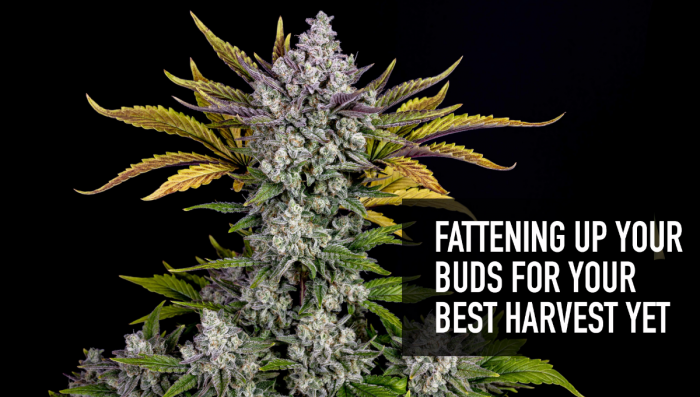







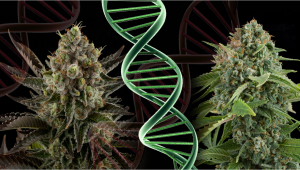

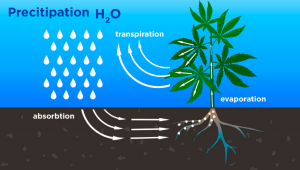
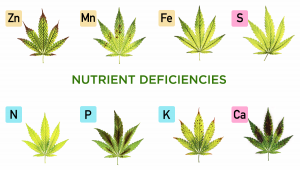


Comments